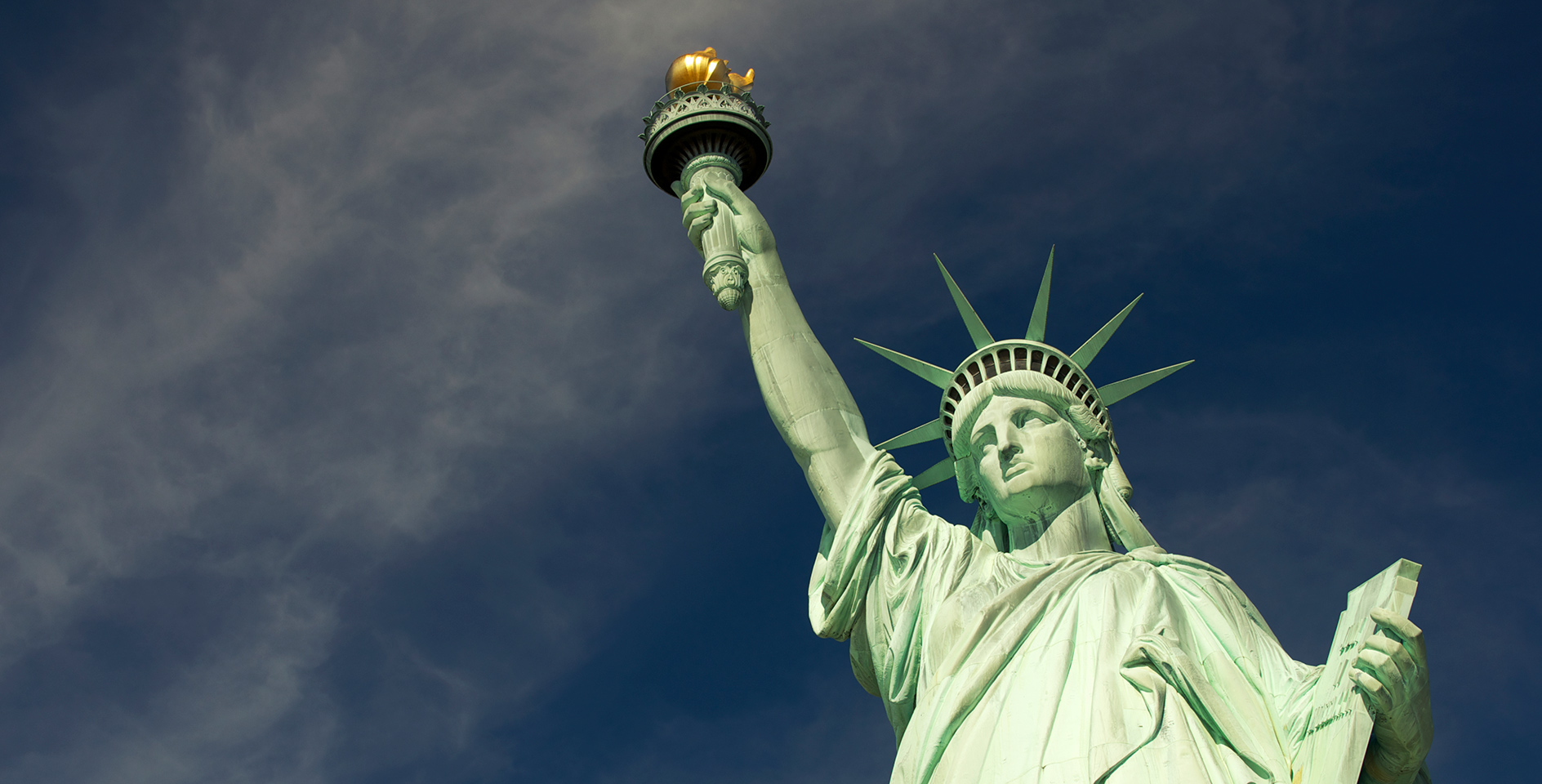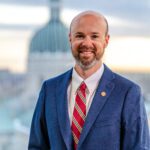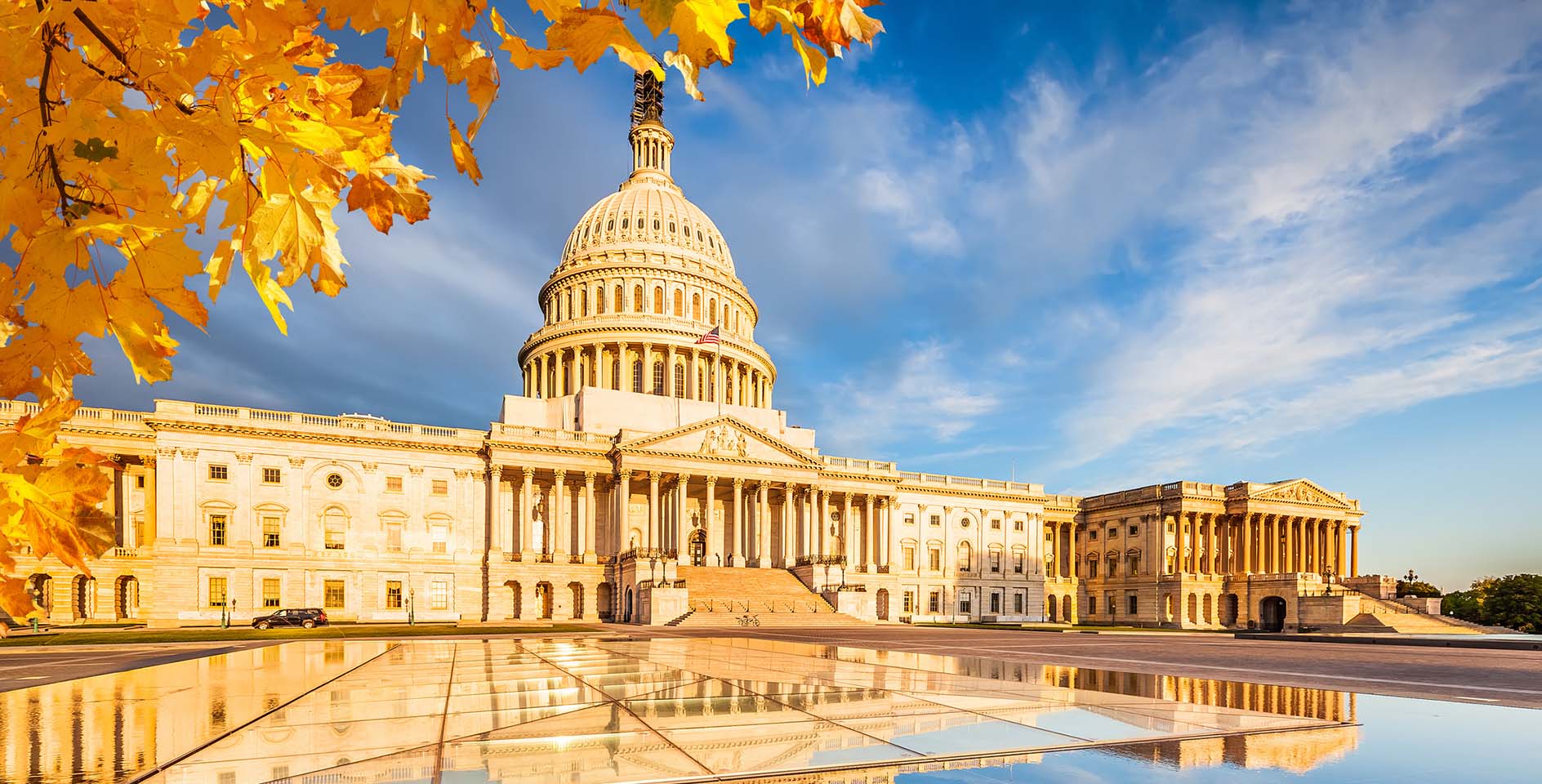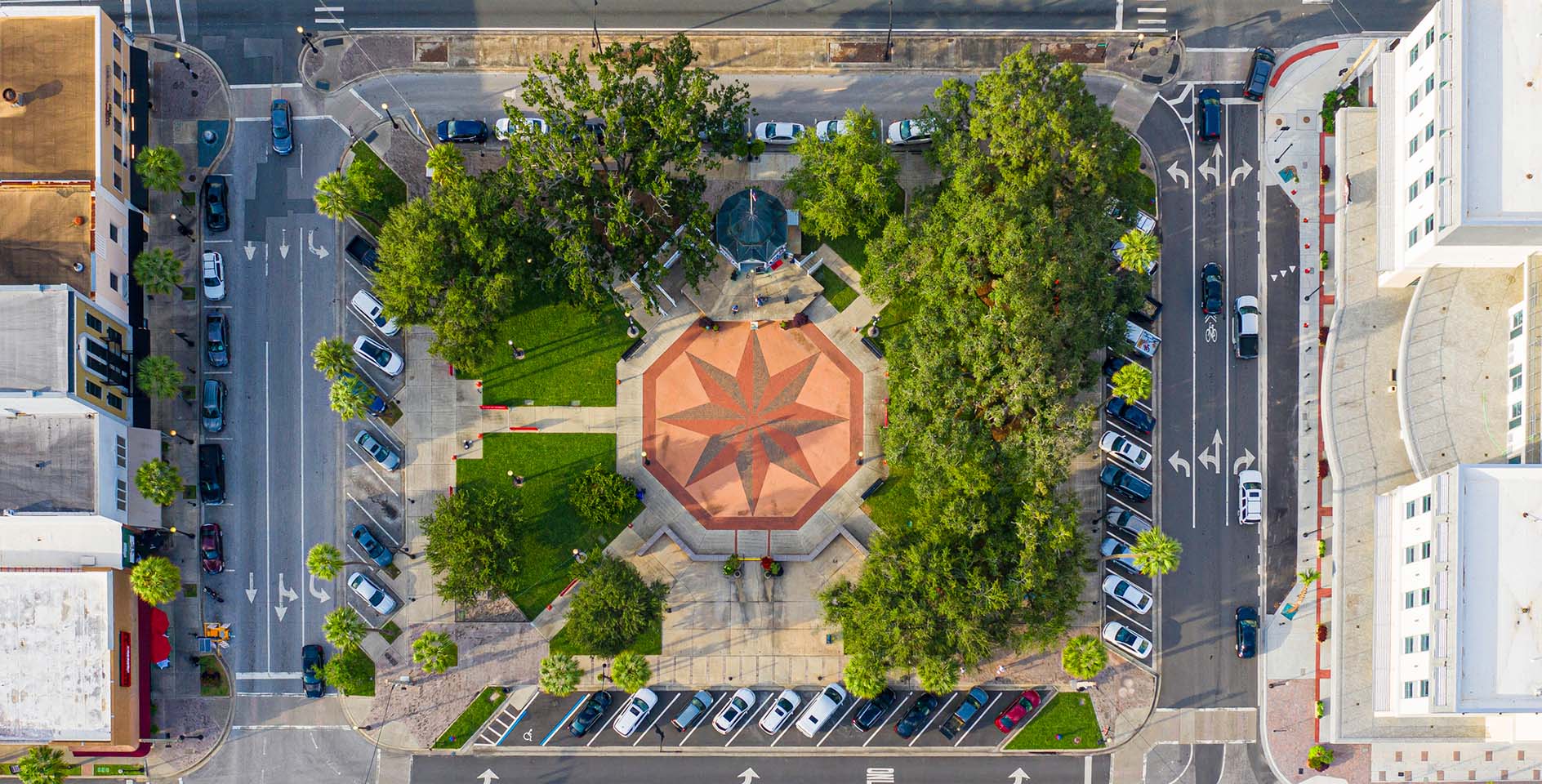Before leaving on his missionary journey to India, William Carey, one of the architects of the modern mission movement, told his friend Andrew Fuller, “I will go down, if you will hold the ropes.” Fuller, of course, helped raise the funds to build the institutions that made mission possible. Holding the ropes is an apt metaphor for the relationship between religious liberty and mission: religious liberty facilitates mission by giving space and fostering the ideal conditions for the mission of Christ to continue. The mission of God does not wholly depend on Western ideals of religious liberty inasmuch as it is aided where religious liberty exists. Asked in the reverse, What Christian would want to create obstacles for the announcement of the gospel? No one, of course.
To “hold the ropes,” so to speak, is to facilitate mission. This runs contrary to much of modern Christian discourse that seems to lust after martyrdom status, insisting that any demands for “rights” such as religious liberty run contrary to the witness of Christ, who forsook his rights and died on a cross. When Christians feign sanctimony about discarding “rights,” they reveal a facile understanding of the common good and its connection to an ethic of reciprocity for all citizens, Christian and non-Christian alike. Since religious liberty is ordered to the common good, it is never about special pleas for one group but about identifying one’s liberty as bound up in the broader political community’s exercise of those same equally distributed rights. Those who criticize defenders of religious liberty for making it a culture-war issue and possessing martyr envy will likely someday learn that were ancient Christians to choose between Rome and America, they would have chosen the First Amendment.
While martyrs witness powerfully to the paradoxical nature of the kingdom’s advancement through weakness, this witness does not elide Christians’ responsibility to make their context ripe for gospel acceptance. It is one thing to accept an increasingly marginalized status within a society; it is another to seek it out, believing that social isolation and ostracization are required for faithfulness. Oliver O’Donovan has criticized Stanley Hauerwas and John Howard Yoder for idealizing “catacomb consciousness,” the idea that only a church on the margins can retain purity and distinctiveness. For O’Donovan, there is no inherent virtue in the church being driven to the margins. Yes, the church can do excellent work when removed from the center of power, but to romanticize marginalization is to invite a degree of persecution that most Christians in history would have wanted to avoid. To say that Scripture promises persecution is neither to invite it nor to bask in it but to accept it as a part of faithfulness. We should caution against valorizing marginalization as an exclusive measure of faith. Historically, persecution can root out religion, but the mustard seed metaphor in Scripture also suggests that growth can be faithful (Matt. 13:31–32).
Living the “peaceful,” “quiet,” and “dignified” lives that religious liberty makes possible is not in tension with God’s desire that “all people . . . be saved and . . . come to the knowledge of the truth” (1 Tim. 2:2, 4). In fact, they seem to be complementary. We pray for political tranquility for the sake of gospel advance. To be sure, Christ promises to build his church (Matt. 16:18–19), so we can be confident that no barrier will stand in its path, but wanting to remove barriers is not contrary to this New Testament teaching. There is no virtue in embracing a martyr complex that impedes the gospel’s advance and jeopardizes the work of ministry by inviting hardship. Consider Paul. A Roman citizen, Paul did not shy away from asserting his rights as a citizen (Acts 22). Instead of seeking out a martyr’s death so that the purity of the gospel could be realized, Paul appealed to his political context and the legitimacy of political rule to ensure the gospel’s spread. He did so in particular by appealing to his Roman citizenship and to the political rulers of his day. For Paul, appeals to earthly citizenship were not in opposition to his heavenly citizenship. The former is subordinate to the latter. Paul’s life testifies to the legitimacy of political rule, and also to the need to constructively relate to political authority in such a way that it is not in opposition to the advance of the gospel.
It would seem that a state limited in its scope makes the enlargement of God’s kingdom more possible. A government that refuses to totalize its jurisdiction and works within its limited confines is acting justly. By refusing to amass or aggrandize power that does not belong to it, it more ably allows for the mission of Christ to succeed. Thus, a limited state is not merely within the province of a much-hackneyed political conservatism but is a faithful steward of the authority that derives from God (Rom. 13:1–7). Governments that allow religious freedom to prosper, whether consciously or not, are at least indirect participants in the unfolding drama of redemption. One hopes that a government, even a pagan one, “would maintain conditions appropriate for believers leading a specifically godly life in government supported civic-peace.” We should hope all government provides the conditions where a fruitful Christian life can be lived without political consequence or threat. In not allying itself with any one religion in particular, and by not impeding the mission of the church, the state is ordered in accord with the service it is to render to God as his “servant” (Rom. 13:4). A government that puts as few obstacles as possible in the way of its citizens being able to freely respond to the call of salvation is doing what God intended the state to do. Advocacy for religious liberty, especially via lobbying and petitioning government, must be seen as a rope-holding activity that ensures that ministry can occur within a given political community.
To use another metaphor, religious liberty is like brush clearing. Untamed terrain needs to be cleared in order for it to be properly cultivated and brought to order. Religious liberty clears a path so that the work of ministry can go forth. In this sense, religious liberty is a context-specific tool that catalyzes mission. To clear brush for a missionary to function as they ought is to cooperate in the mission of God. All of this activity is directed toward living God-honoring lives in every domain of life and advancing the message of salvation.
Where the nexus of religious liberty meets mission and soteriology is the concern for impending judgment. According to Stott and Wright, “The God who is Lord of history is also the Judge of history.” From this sentence arises an urgency, since the current era in which the church finds itself is not eternal. A coming judgment over this era awaits. The reality of this future judgment serves as the backdrop for why religious liberty connects with mission. According to Baptist theologian Jason G. Duesing, “As those living in an era of religious liberty between the time of Christ’s ascension and his certain return, the knowledge of what awaits us on the last day should serve as a warning to all outside of Christ that the freedom to worship other gods without the judgment of the one true God will come to an end.”
Even more foundationally, a focus on the theological underpinnings of religious liberty and the mission of God fosters a greater awareness of the church’s own rationale for advancing religious liberty in society: humanity’s destined judgment. As I have sought to make clear throughout this book, it is eschatological judgment and our reason-using and truth-seeking nature that make religious liberty intelligible from a Christian perspective. The promise of judgment and the accountability of the person before God make sense only within a horizon of mission and the attainment of salvation. Christians insist on the necessity of religious liberty so that persons untainted by coercion can make voluntary professions of faith. It is correct to infer that religious liberty is not an end in itself. Instead, it is a means and a tool that the church utilizes to accomplish its mission with efficiency and effectiveness for the sake of the gospel.
This is why religious liberty is an urgent task of Christian ethics. As a social ethic, it informs a critical nexus that conceives of religious liberty as both useful and necessary for mission. An ethic of religious liberty is intrinsic to mission. Religious liberty is therefore foundational to the church’s public theology since it serves as a firmament to the gospel’s advance. It is, as it were, a grand corallary to Christian ministry in the present era. Christianity prioritizes religious liberty as an evangelistic tool. Where Christianity has any influence in society, a milieu of religious liberty ought to follow from Christian teaching when Christians apply their doctrine to society and seek to influence it.
Those heralding the gospel will exercise every tool at their disposal to see the mission of God advance. Moreover, the “historical situation” that Henry references is consequential to understanding that Christian mission is always historically situated, and “situatedness” is not a missionally insignificant category. Christians should desire to inhabit contexts that make gospel proclamation and evangelistic efforts more fluid and reject circumstances that create obstacles to gospel advancement. We should wish this not only for ourselves but also for Christians around the globe.
If Christians care about mission, they should seek to elevate religious liberty in their public theology. Christians should do this not because Christian mission is necessarily contingent on religious liberty but because religious liberty aids Christian mission in its ultimate task of seeing individuals reconciled and redeemed. Understood through an evangelistic lens, religious liberty is appreciated by those who seek to advance the gospel for its utility but not its ultimate necessity.
Religious liberty is not simply a political doctrine that Western Christians enjoy while living in liberal democracies. It is not merely a construct designed to aid religious difference. Religious liberty is a principle that Christians from all corners of the world should prioritize, because it impacts gospel advancement and social tranquility; it forges a connection between the urgent task of mission and the opportunity to take that mission outward.
Most foundationally, however, religious liberty understood from the interior of biblical logic is a principle integral and internal to the gospel itself and essential for the church’s mission in society. According to Barrett Duke, “The doctrine of salvation itself contributes to our understanding of God’s design for religious liberty.” The soteriological moment is an individual event, and faith cannot be coerced. The gospel hinges on a free response. This is not to say that salvation is individualistic. We are saved into a community. But entry into that community comes from individual assent. Thus, an authentic faith assumes an uncoerced faith. A Christian account of religious liberty as mission thus assumes a doctrine of justification by faith alone, insisting that individuals enter God’s kingdom individually and conscientiously self-aware of an expressed faith. No one can attain someone else’s salvation for them, and neither can someone’s salvation be negated by another.
Christian advocacy for religious liberty in society is not pursued primarily to shore up or preserve the reigning political order. It is not pursued under the auspices of “rights,” as important as rights are. Religious liberty must be imbued with theological gravitas. As Michael Hanby argues, concern for only the juridical or political benefits of religious liberty as a social practice neglects the “deeper freedom opened up by the transcendent horizon of Christ’s resurrection.” From this vantage point, religious liberty goes beyond the horizons of law and culture to the awakening of our world to the reality of the ascendant Christ. Hanby says that an outsized focus on the political import of religious liberty leads us to neglect its purpose in light of mission.
If we cannot see beyond the juridical meaning of religious freedom to the freedom that the truth itself gives, how then can we expect to exercise this more fundamental freedom when our juridical freedom is denied? Too often we are content to accept the absolutism of liberal order, which consists in its capacity to establish itself as the ultimate horizon, to remake everything within that horizon in its own image, and to establish itself as the highest good and the condition of possibility for the pursuit of all other goods— including religious freedom.
In other words, the church does not take its marching orders from protections afforded it only by the procedural rules of liberal democracy. The locus of Christian advocacy for religious liberty is the advancement of Christian mission, followed only then by its constitutional legitimacy. The practice of religious liberty is the expression of the church’s mission under the sovereignty of God. In that, the church possesses a freedom of its own constitution. The church, by definition, ought to be a free society living in response to the call of God.
This focus on mission is not meant to undercut or devalue the political and social benefits that accrue when religious liberty graces society (the next chapter argues that Christian advocacy for religious liberty should result in practical social benefits). But implications that follow from Christianity’s primary justification for religious liberty should not blur nor erase the urgency with which Christians advocate for its centrality in Christian social ethics and public theology—the advancement of God’s kingdom resulting in the salvation of sinners.
Religious liberty exists because it issues from a place of sincere urgency, emanating from sober conviction about the judgment awaiting humanity. Any practice of religion that fails to uphold liberty as a critical element of its doctrinal system only pretends to be authentic. Halfhearted religion works as a “kind of inoculation or prevention against sincere religion.” Only religions so adamant about the judgment of God will seek the freedoms to advance that message for the sake of humankind. Heartfelt convictions will always seek the liberty to be proclaimed.
Content taken from Liberty for All by Andrew T. Walker, ©2021. Used by permission of Baker Publishing www.bakerpublishinggroup.com.











